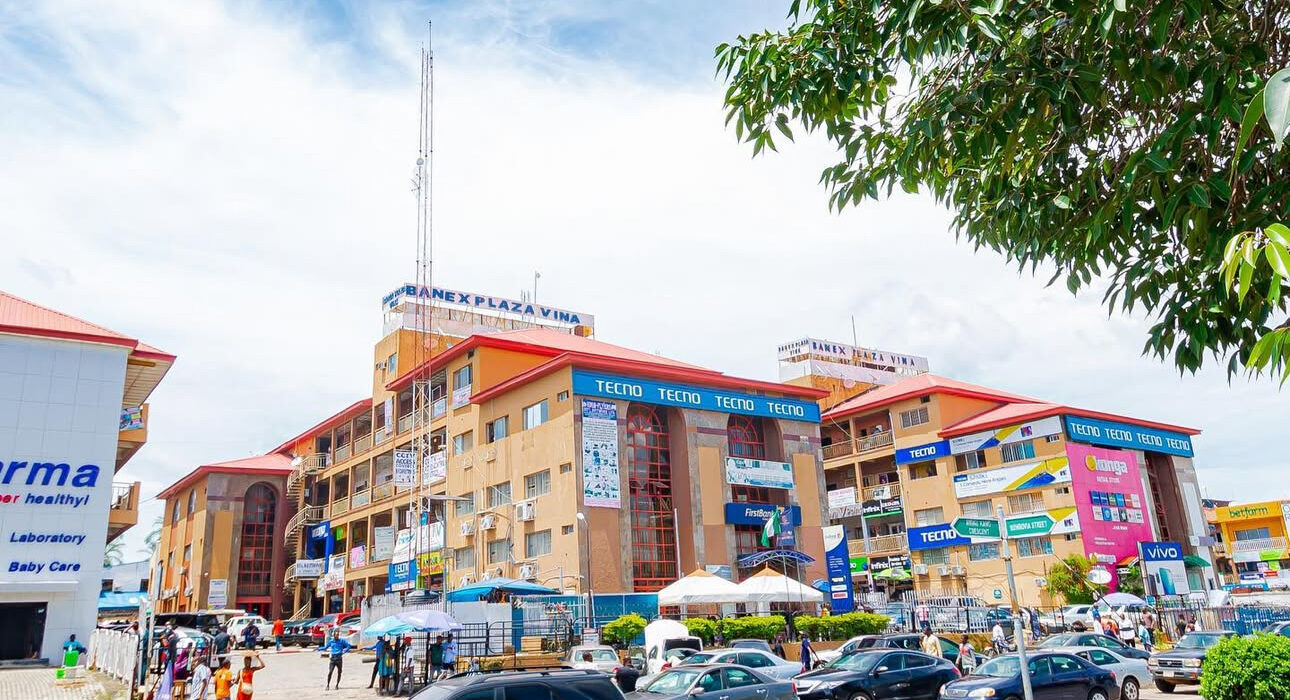Consumer/Dealers Rights: Mission to Replace Laptop Charger and Sellers Undisclosed Terms

The day was like any other, bright weather and people hurrying to their various destinations and I melted into the crowd on a mission to Banex Plaza in Wuse, Abuja, where I was to replace a laptop charger.
The experience has brought to the fore the compelling need for Nigerian business owners to be aware of their legal obligations, particularly in consumer protection and business conduct.
The drama began when an employee of a media house was sent by her boss to purchase a charger for a MacBook laptop. Upon reaching the shop, the employee inquired whether there were any chargers, where she was informed of chargers of varying prices based on cable length.
Upon calling her employer, she proceeded to send pictures of the chargers and prices for approval.
The manager requested the charger to be tried on the laptop to check for compatibility. However, after testing four charging ports, the laptop would not start up even though the charger was fine with other accessories. This raised doubts about whether the charger was faulty or if the laptop had some other issue.
The store manager subsequently suggested that the laptop be taken to an in-house technician for inspection, who found a power point malfunction that would be rectified within 48 hours. The boss of the media house, however, was not willing to have the laptop left in the store for that duration given its sensitive documents.
As things unfolded, the store insisted that the employee pay for the charger despite the fact that the item had not performed its intended purpose. The employee, doing as her boss instructed, refused to pay for the charger on the grounds that it was not needed since it had not worked with the laptop. The store, however, insisted that since the charger had been opened, they needed to be paid.
Despite the employee’s insistence that she had not been informed of this policy, the store employees refused to budge, and the situation became heated. The manager admitted that it was their store policy to demand payment before they would open any products for testing, but they also admitted that they had not informed the customer of this policy beforehand.
Exasperated, the employee phoned the boss, who decided to go down to the shop in person to resolve the issue. After further debate about the problem, with no solution anywhere on the horizon, the boss at the media institution summoned the police. The police arrived and intervened in the quarrel, eventually brokering an out-of-court settlement. The shop demanded 25,000 Naira as compensation for their alleged loss, but upon some negotiations, the owner of the media house agreed to pay 10,000 Naira and would not accept the charger.
Finally, the shop accepted the lower payment for their “loss,” and the matter was resolved. The owner of the media house thanked the police officer for his professionalism and his knowledge of the law, confessing that without the action of law, matters could have gone out of hand.
This episode calls for the sensitization of entrepreneurs about Nigerian consumer protection laws and customer rights. It is a stark reminder that businesses must operate within the framework of the law, being honest to customers and avoiding fraudulent practices bound to lead to disputes.








